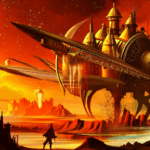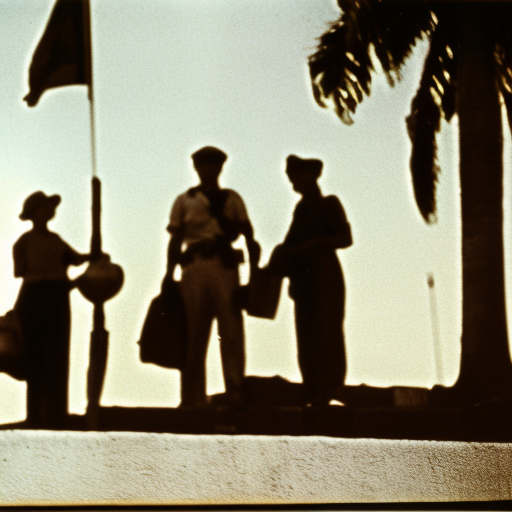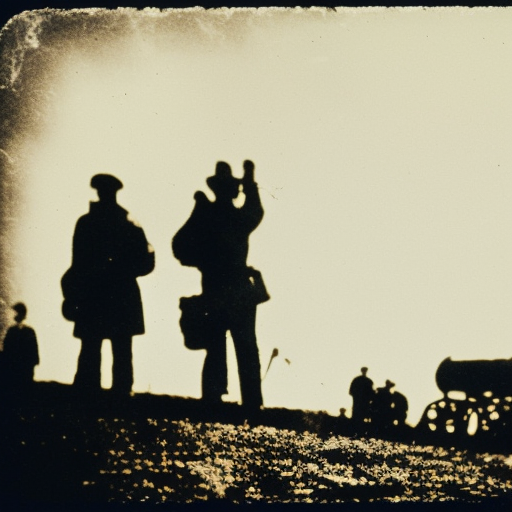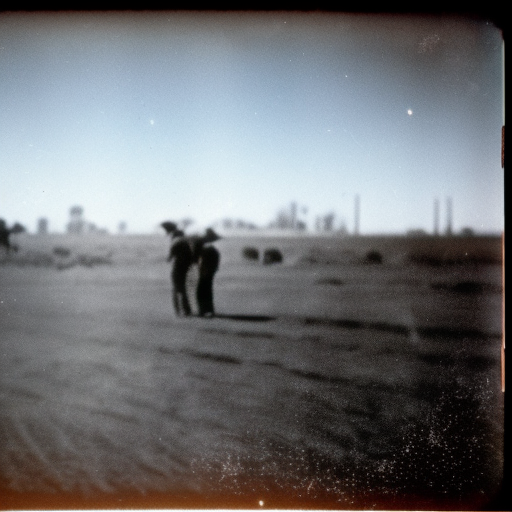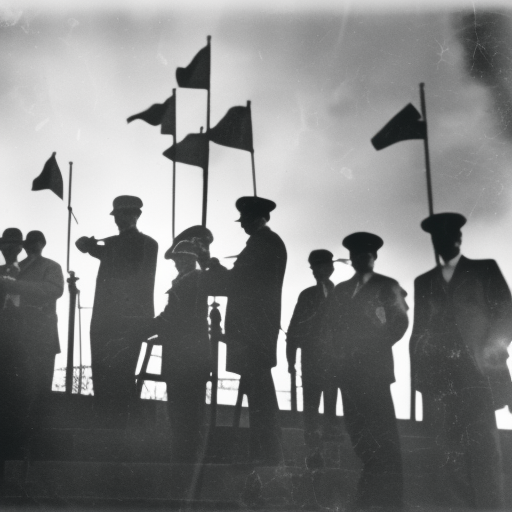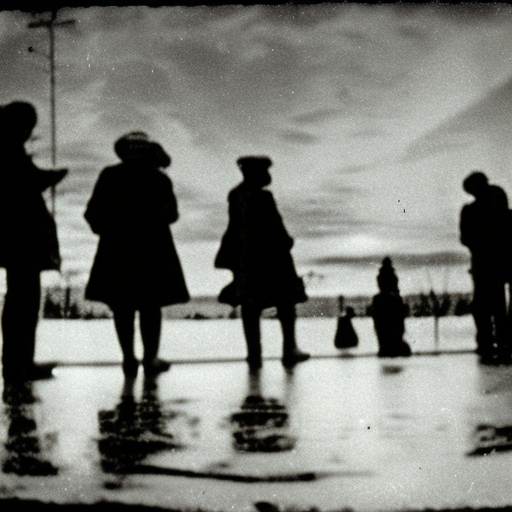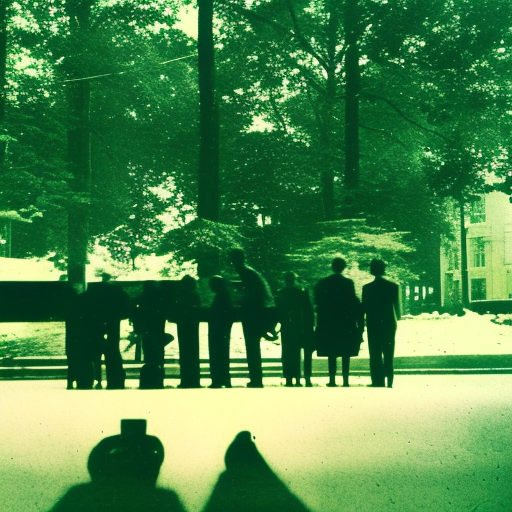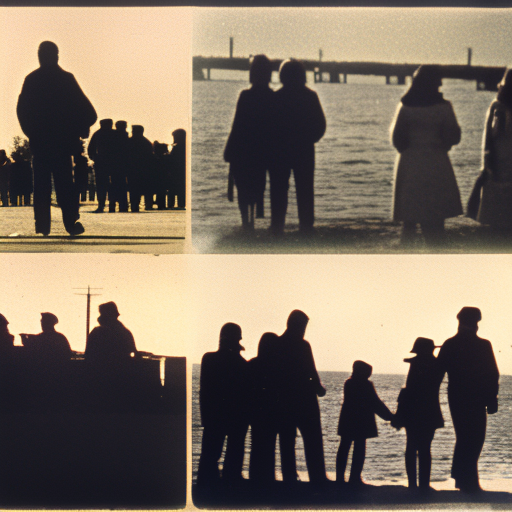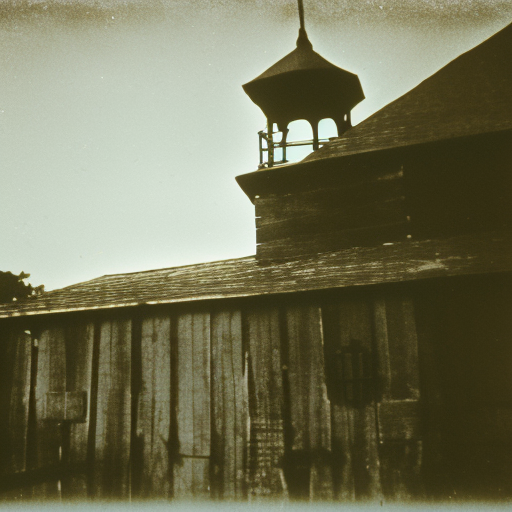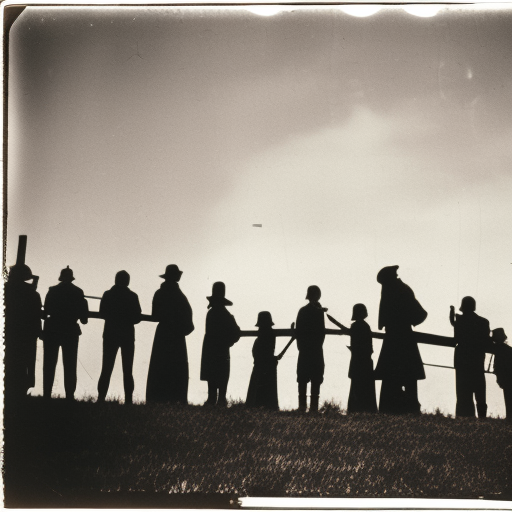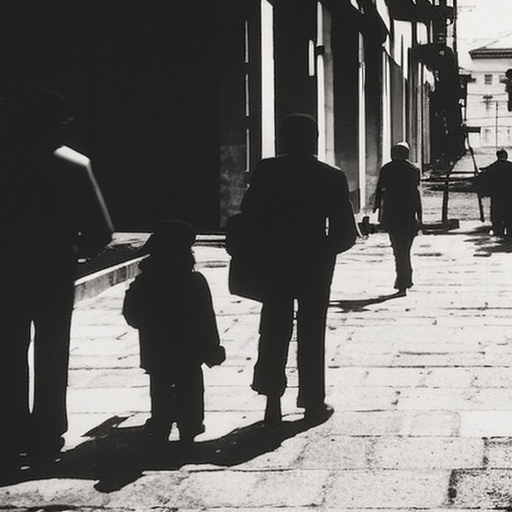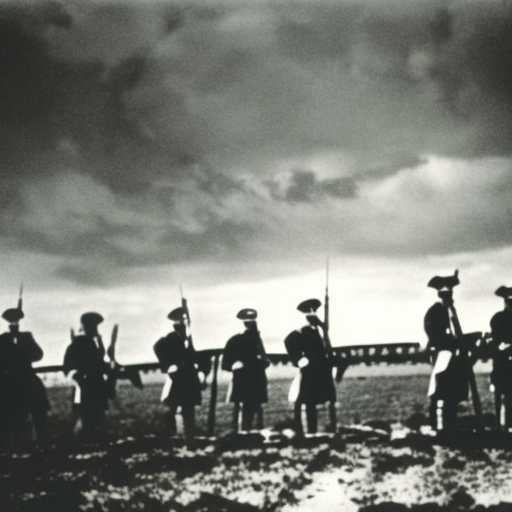The Cuban Revolution was a successful armed revolt led by Fidel Castro and his supporters, which overthrew the US-backed dictator Fulgencio Batista and established a socialist government in Cuba.
The Progressive Era Explained
The Progressive Era was a period of social and political reform in the United States from the late 19th century to the early 20th century.
The Dust Bowl (1930s) Explained
The Dust Bowl was a severe environmental disaster in the 1930s that caused massive dust storms and widespread agricultural devastation in the Great Plains of the United States.
The Anti-Masonic Party Explained
The Anti-Masonic Party was a short-lived political party in the United States that emerged in the early 19th century, opposing the influence and secrecy of Freemasonry.
The Populist Movement Explained
The Populist Movement was a political and social movement in the late 19th century United States that aimed to represent the interests of farmers and laborers against the perceived power of big business and the political elite.
The Second Great Awakening Explained
The Second Great Awakening was a religious revival movement in the early 19th century that led to widespread social reforms and increased religious participation in the United States.
The Transcendentalist Movement Explained
The Transcendentalist Movement was a philosophical and literary movement in 19th-century America that emphasized individualism, intuition, and the belief in the inherent goodness of both people and nature.
The New England Puritans Explained
The New England Puritans were a group of English Protestants who settled in the New England region in the 17th century, seeking religious freedom and establishing a strict, morally upright society.
The Jamestown Settlement (1607) Explained
The Jamestown Settlement was the first permanent English settlement in North America, established in 1607.
The Roanoke Colony Explained
The Roanoke Colony was a mysterious English settlement in present-day North Carolina that vanished without a trace.
The Colombian Exchange Explained
The Colombian Exchange refers to the widespread exchange of plants, animals, diseases, and ideas between the Old World (Europe, Africa, and Asia) and the New World (the Americas) following Christopher Columbus’s voyages in the late 15th and early 16th centuries.
The Battle of Yorktown (1781) Explained
The Battle of Yorktown in 1781 marked the decisive victory of American and French forces over the British, leading to the end of the American Revolutionary War.






